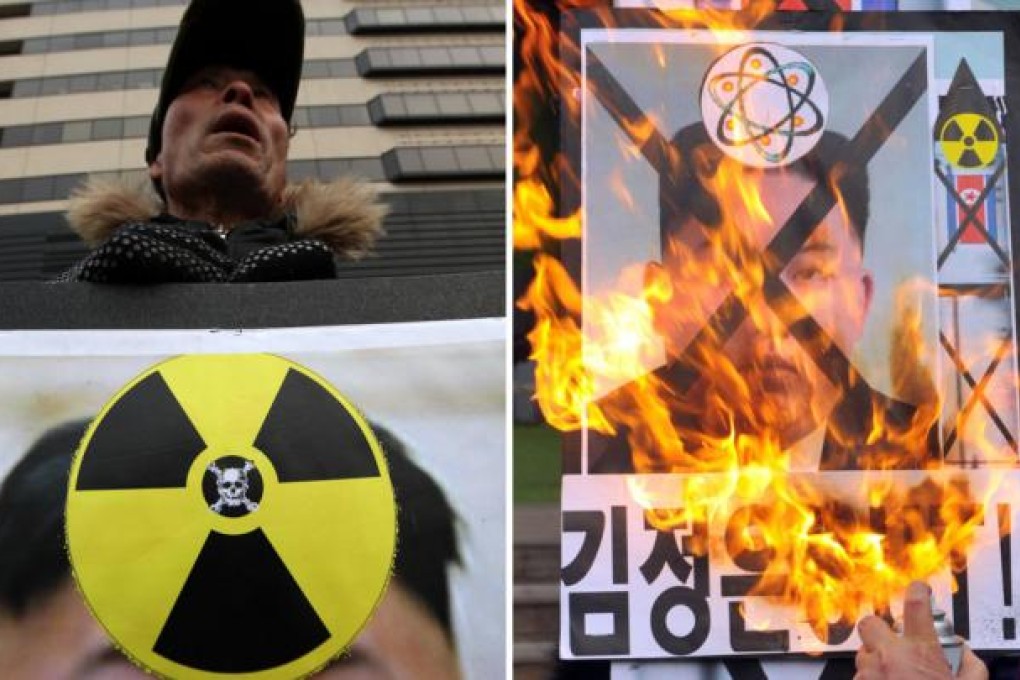How will the world react to North Korea's latest bombshell?
It may be time the world faced reality and offered N Korea economic and diplomatic recognition in return for curbing its nuclear ambitions

It was a move that surprised nobody but shocked everybody, and experts are now awaiting evidence of the fallout.
Was North Korea's third test of a nuclear weapon proof that it has mastered a uranium-based detonation, a more sinister threat than the plutonium-based devices it tested previously?

The North's Korea Central News Agency announced the detonation of a "miniaturised and lighter nuclear device with greater explosive force than previously", a reference to Pyongyang's aim to compress fissile materials to warhead size.
Condemnation followed from Seoul, but the timing may have been chosen to constrain an effective policy response: the Lee Myung-bak government leaves office on February 25, to be replaced by Park Geun-hye.
Although its exact timing was unknown, the test was widely expected as North Korea seems to be operating a roughly three-year cycle of missile and nuclear tests. Previous missile tests took place in 2006, 2009 and on December 12; previous nuclear tests happened in 2006 and 2009.
Moreover, following UN Security Council condemnation of its December satellite launch - widely believed to be cover for an intercontinental ballistic missile test - Pyongyang media had warned that it would conduct a "higher level" nuclear test.